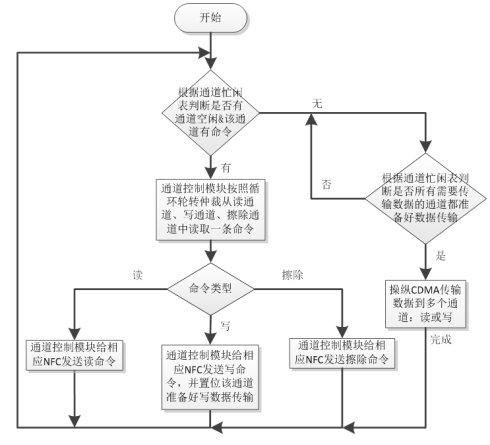Time-Sensitive Networking (TSN) aims to extend the IEEE 802.1Q Ethernet standard with real-time and time-aware capabilities. Each device's transmission of time-critical frames is done according to a so-called Gate Control List (GCL) schedule via the timed-gate mechanism described in IEEE 802.1Qbv. Most schedule generation mechanisms for TSN have a constraining assumption that both switches and end-systems in the network must have at least the TSN capabilities related to scheduled gates and time synchronization. However, many TSN networks use off-the-shelf end-systems, e.g., for providing sensor data, which are not scheduled and/or synchronized. In this paper, we propose a more flexible scheduling strategy that considers a worst-case delay analysis within the scheduling synthesis step, leveraging the solution's optimality to support TSN networks with unscheduled and unsynchronized end-systems while still being able to guarantee bounded latency for critical messages. Our method enables real-world systems that feature off-the-shelf microcontrollers and sensor nodes without TSN capabilities connected to state-of-the-art TSN networks to communicate critical messages in a real-time fashion. We evaluate our approach using both synthetic and real-world test cases, comparing it with existing scheduling mechanisms. Furthermore, we use OMNET++ to validate the generated GCL schedules.
翻译:具有时间敏感性的联网(TSN)旨在将IEEE 802.1Q Ethernet 标准以实时和有时间觉悟的能力扩展为IEEE 802.1Q Ethernet(TSN) 。 每个设备都按照所谓的门控制列表(GCL)时间表,通过IEE EE 802.1Qbv中描述的定时开关机制传送时间临界框架。 多数 TSN 时间表生成机制都有一个限制性的假设,即网络中的开关和终端系统必须至少具备与排定的大门和时间同步有关的 TSNNE 能力。 然而,许多 TSN 网络使用现成的终端系统,例如提供没有排定和/或同步的传感器数据。在本文件中,我们提出了一个更灵活的时间安排战略,考虑在时间安排综合步骤内进行最坏的延误分析,利用解决方案的最佳性能支持具有未排定和不同步的终端终端系统的 TSNN网络,同时仍然能够保证关键信息的紧凑 L。我们的方法使得现实世界系统能够将现现的微控制器终端终端网络和感应变式的系统与不使用实时的SNURL 。





